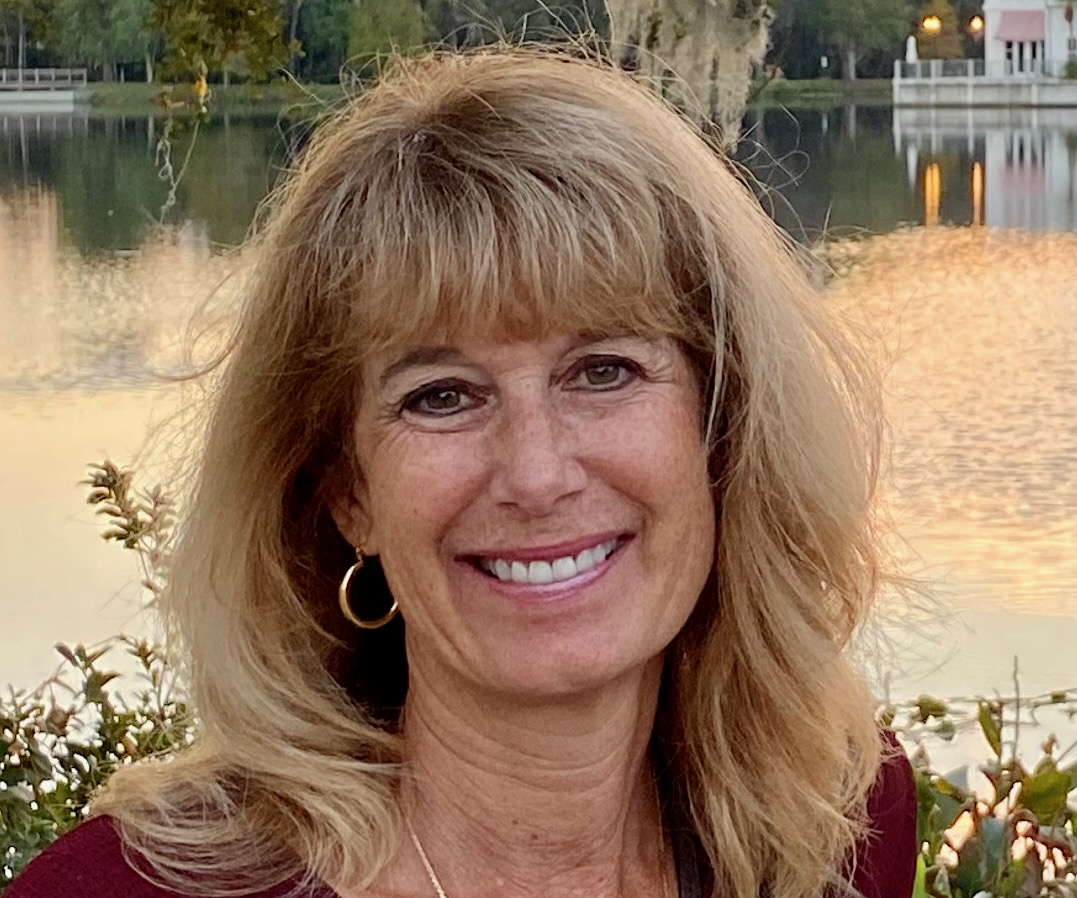AP English Literature and Composition APSI
Course Description and Agenda
Susan Frediani
Welcome! This AP English Literature and Composition session will cover the Advanced Placement* course as well as additional resources such as AP Classroom*. We will explore the structure and grading of the exam, appropriate assignments and texts, and the relationship of these materials to the preparation of students for college-level work. This course is designed to benefit both new and experienced AP* English Literature and Composition teachers. We will review instructional strategies and assessments using a variety of texts. We will examine course syllabi, structure, and pacing. We will also explore the exam and instructional approaches for long works, short stories, and poetry. We will review teaching literary analysis and argument, developing close reading skills, preparing students for the exam, and managing the workload of an AP* course. Participants will engage in writing and reading activities designed to cultivate the critical thinking skills necessary for student success in the AP* class and beyond. We will participate in mock scoring sessions of the exam using current rubrics. Teachers with experience in the AP* program will review a variety of approaches to course structure, and they will gain numerous teaching strategies to add to their toolboxes. New AP* teachers will learn about the course requirements as well as various instructional strategies and techniques that will assist them in offering students a successful AP* English Literature and Composition course.
What to Bring:
• Many of our materials will be delivered in electronic format. Please bring a charged computer to class every day.
• Participants should have texts they will utilize in their AP class available to them as they work to develop lessons, units, and year-long plans aligned to the curricular requirements and the AP* English Literature Course and Exam Description (CED).
Goals:
● To identify and apply the standards of the AP* English Literature and Composition exam to classroom practices
● To explore course resources including AP Classroom* and many others
● To explore and develop effective year-long plans, units, and lessons that correspond to the course skills and curricular requirements
● To review strategies that will help to recruit and retain underrepresented students
● To expand participants’ “toolboxes” with successful instructional strategies
● To network with colleagues and learn from each other
● To return to classrooms with ready-to-use instructional plans
Agenda
Day 1:
● CED Framework Elements and Planning the AP* course
● Diversity and Inclusion; Equity and Access
● Connections to Curricular Requirements
● Nuts and Bolts of AP* English Literature and Composition - Ongoing
● Close Reading Instructional Activities
● Poetry Prompts and Essays
Day 2:
● Poetry and the Line of Reasoning
● AP Classroom* and AP Daily*
● Resource Review
● Managing Open AI in the AP Classroom
● Instructional Activities
● Building Lessons, Units, and Year-long Plans - Ongoing
● Analytic Rubrics - Scaffolded and 6 Point
● Scoring Poetry
● Prose Prompts and Essays
Day 3:
● Multiple Choice Tips and Practice
● Prose Rubrics and Scoring Session
● Literary Argument Instructional Strategies
● Introductions and Thesis Statements
● Utilizing Data from Instructional Planning Reports (IPRs)
● Drama Review
Day 4:
● Exam tips from Readers
● Literary Argument Prompts, Rubrics, Scoring Session
● Close Reading: The Novel
● Importance of Tone
● Project Sharing
● Revisit Goals
● Next Steps

